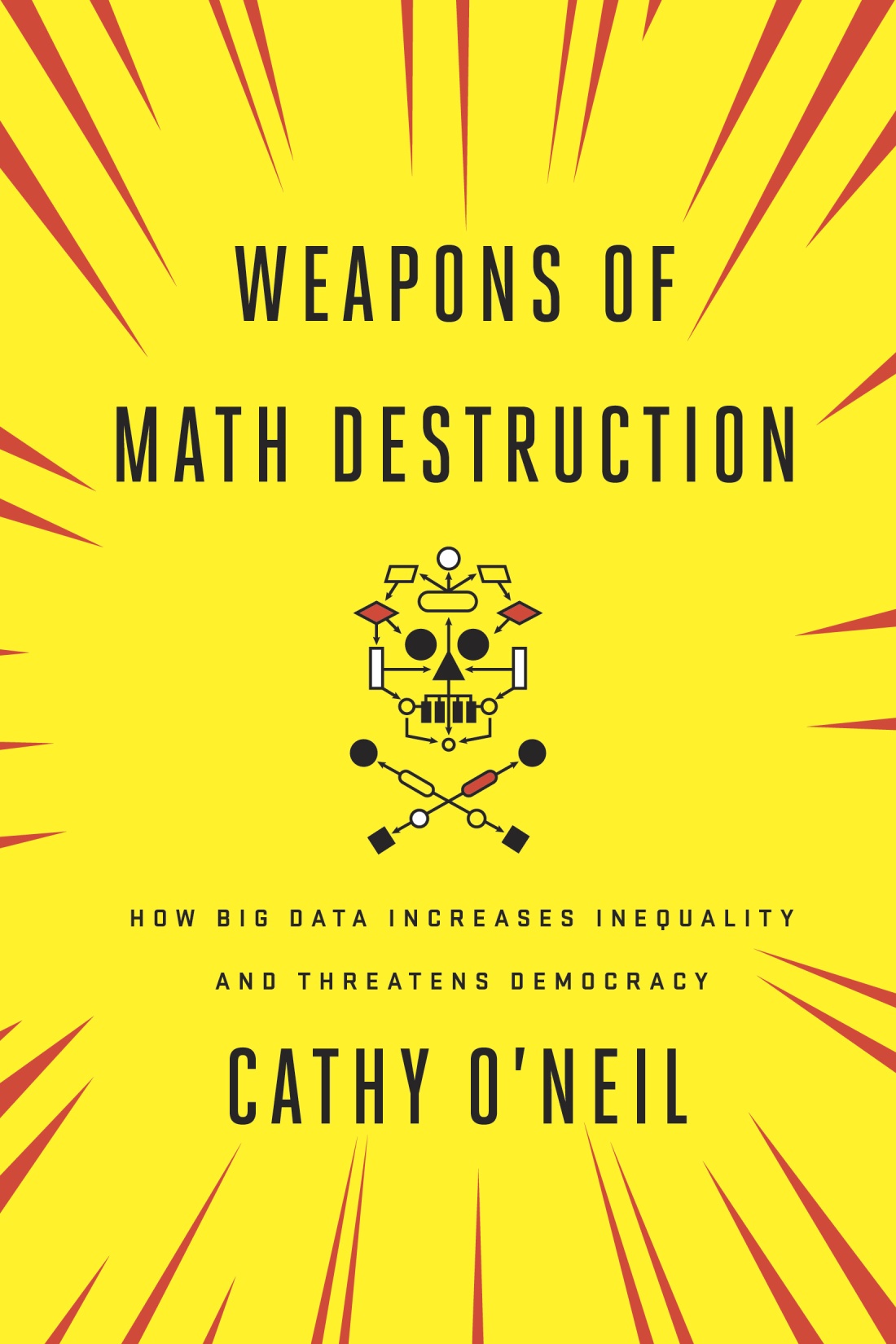Inspired by Shannon Vallor’s book “Technology and the virtues: A philosophical guide to a future worth wanting”, in which she discusses a range of technomoral virtues that we need to cultivate in order to flourish (2016, p. 118-155), I am writing a series of portraits of exemplars–people who embody these virtues.
 From: https://twitter.com/katecrawford
From: https://twitter.com/katecrawford
Kate Crawford embodies the virtues of humility, justice and courage.
Kate Crawford is a researcher, academic and author who has spent the last decade studying the social implications of data systems, machine learning and artificial intelligence. She is a Distinguished Research Professor at New York University, a Principal Researcher at Microsoft Research New York, and a Visiting Professor at the MIT Media Lab. Her recent publications address data bias and fairness, social impacts of artificial intelligence, predictive analytics and due process, and algorithmic accountability and transparency.

Kate is the co-founder and co-director of the AI Now Research Institute: “a new interdisciplinary research center dedicated to studying the social implications of artificial intelligence–with a focus on four themes: Bias and inclusion; Labour and automation; Rights and liberties; Safety and civil infrastructure.
- For example: AI Now Report 2018, with ten recommendations.
Crawford draws attention to the ethical and political dimensions of the usage of algorithms and AI. In one of her presentations (below), she critiques the all-too-common attitude of engineers to not-engage in ethics (questions related to values and human dignity) or politics (questions related to power and the distribution of power)–they tend to say “I’m just an engineer“:
- “Just an engineer: The politics of AI“, presentation by Kate Crawford at The Royal Society, as part of their 2018 “You and AI” series of events.

Crawford embodies the technomoral virtue of justice, which Vallor describes as a “characteristic concern for how emerging technologies impact the basic rights, dignity, or welfare of individuals and groups” (2016, p. 128). Crawford is concerned about the societal, ethical and political implications of AI and other technologies.
Furthermore, she embodies the technomoral virtue of courage, which Vallor describes as “a reliable disposition toward intelligent fear and hope with respect to moral and material dangers and opportunities presented by emerging technologies” (2016, p. 131). Crawford combines an intelligent concern with intelligent action, especially in her founding of the AI Now Research Institute.
Moreover, she embodies the technomoral virtue of humility, which Vallor describes as “a renunciation of the blind faith that new technologies inevitably lead to human mastery and control of our environment” (2016, p. 126-7). Crawford questions current misplaced optimism about AI and urges us to think critically.
Possibly, you find that Kate Crawford embodies other virtues as well. Or you may have other ideas about the virtues discussed above. Please post them below or contact me at: marc.steen-at-tno.nl
 From: https://sherryturkle.com/
From: https://sherryturkle.com/

